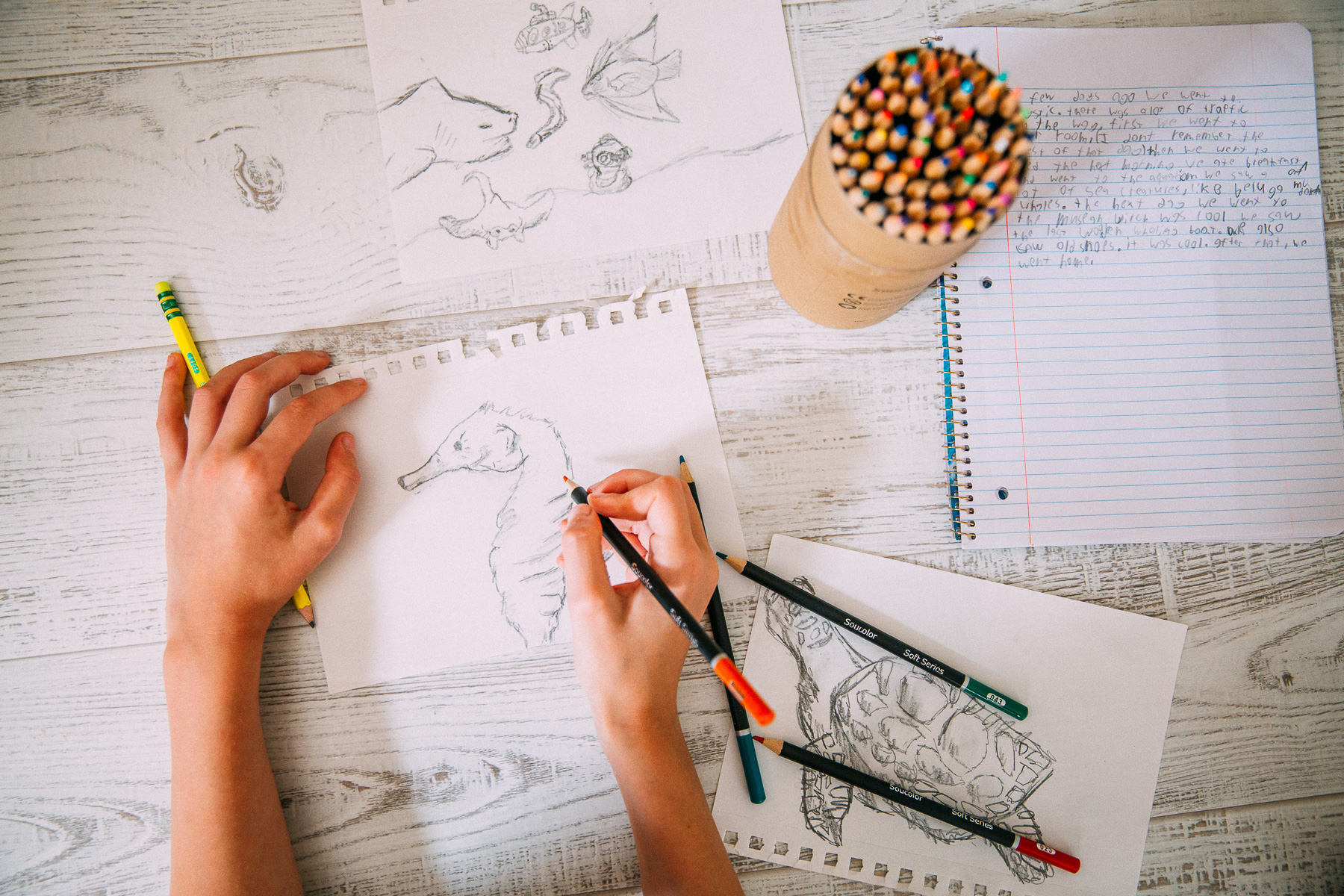
Avoid the Summer Slide

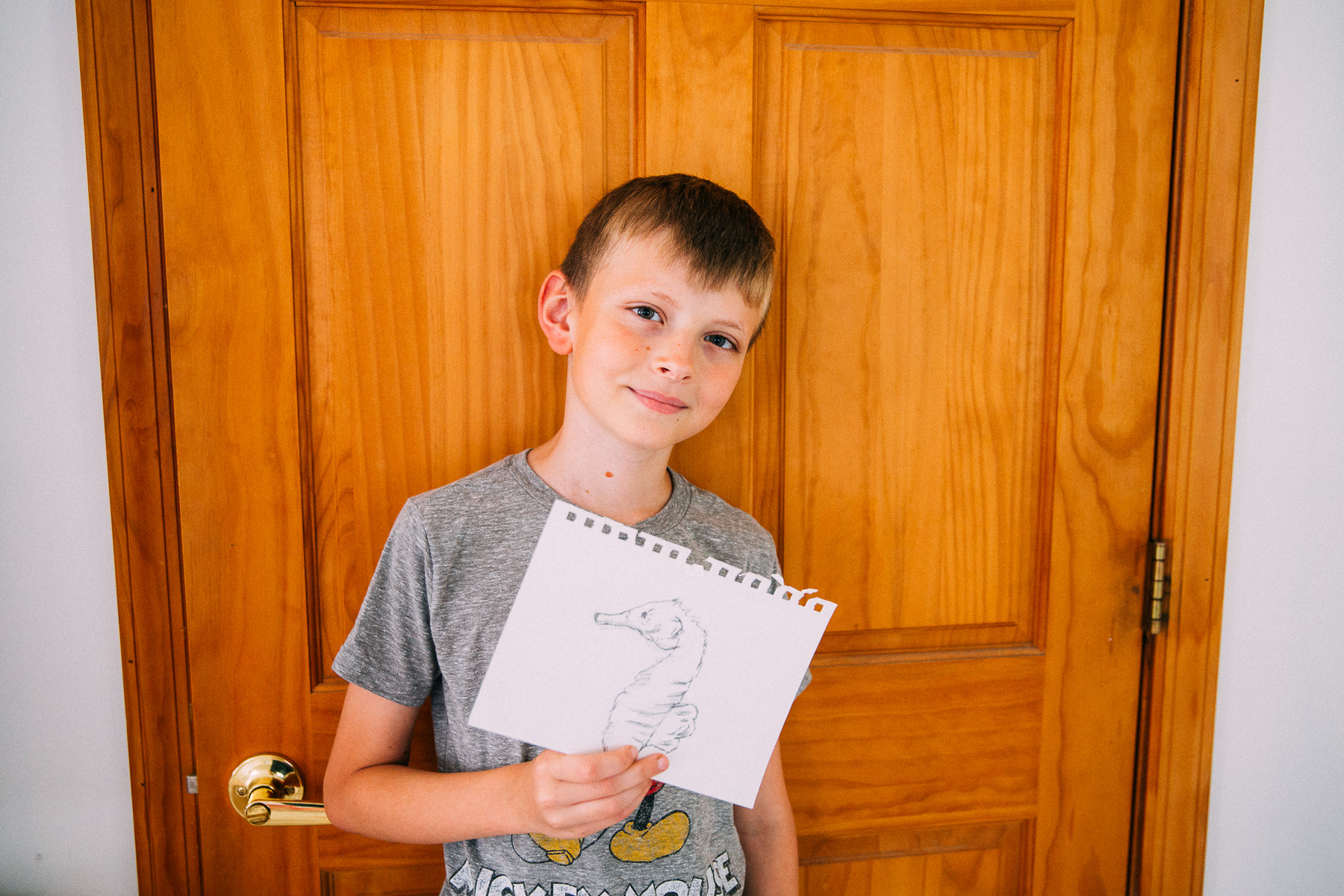
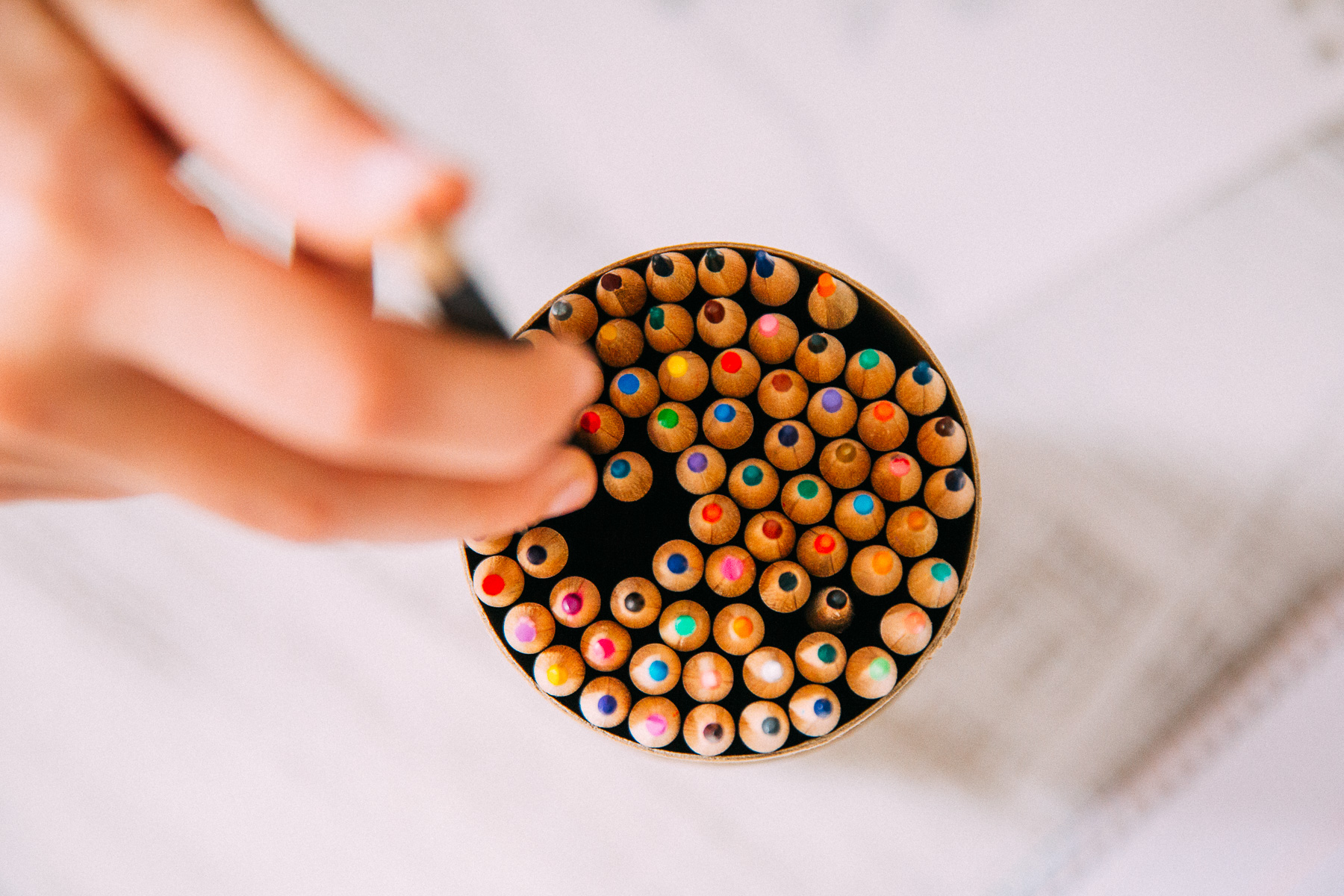
Have you ever heard of the Summer Slide? I hadn’t, and the first time that I did, I thought that it was something fun. A water slide? A game? A dance? I only learned about this term this year, after 9+ years of motherhood. Turns out, it’s not something fun at all. The “Summer Slide” is the term used to explain the loss of academic skills and knowledge that children experience during their 2-month-long summer vacation.
When I first learned about this concept, I had mixed feelings. I am a proponent of “letting kids be kids.” I am not a fan of a structured, rigid, academic-only approach to early childhood education. I believe that in the first six years of a child’s life, learning should be play-based. Even after that, creative play and exploration of nature should remain a large part of a child’s educational experience.
So I was not immediately on board with the idea of “making kids work” over the summer, when I believe that they should be playing and relaxing after the rigor of the school year. However, after I gave it some thought, I realized that I already do my own version of avoiding the summer slide with my own children. I just never called it that.
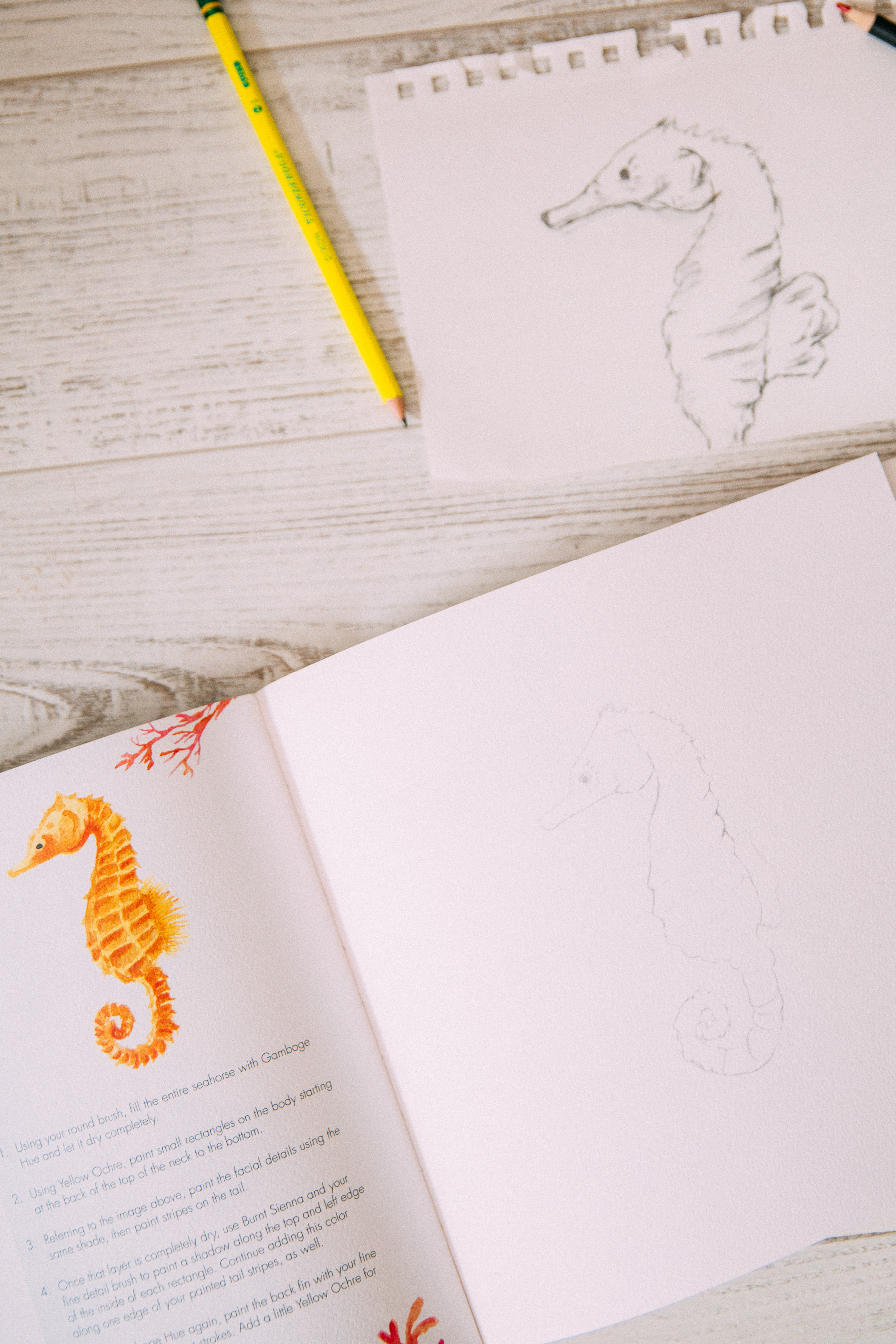
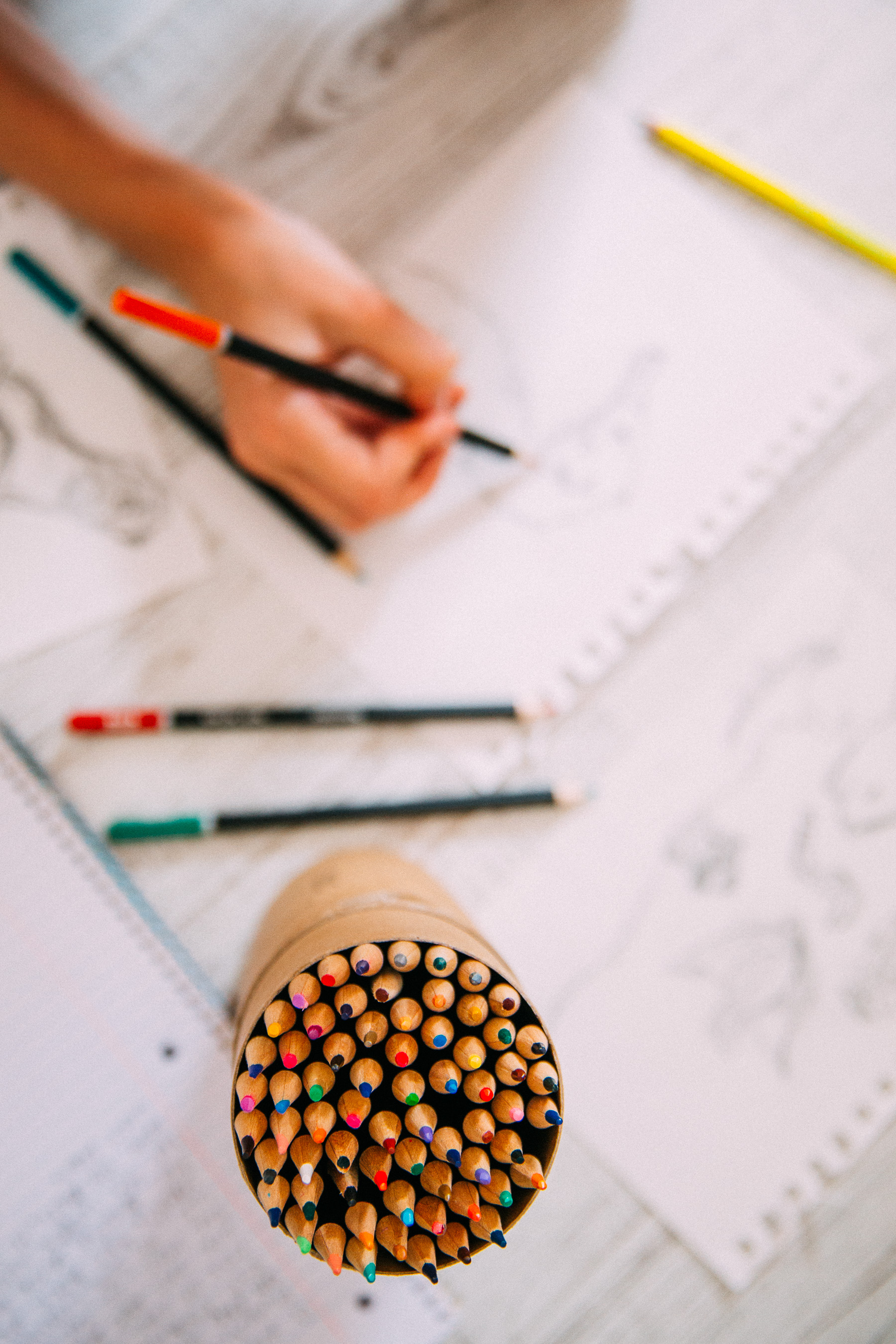
See, as long as my children have been able to sit and listen to me, I have been reading to them every day. And then, as soon as they were able to read on their own, I’ve always made sure that they read daily. During the school year, they read daily for school and they have homework, so I do not make them read separately (except in order to earn extra screen time, if they want it). But, on the weekends, if they don’t have homework, I do make them read for a half an hour each day.
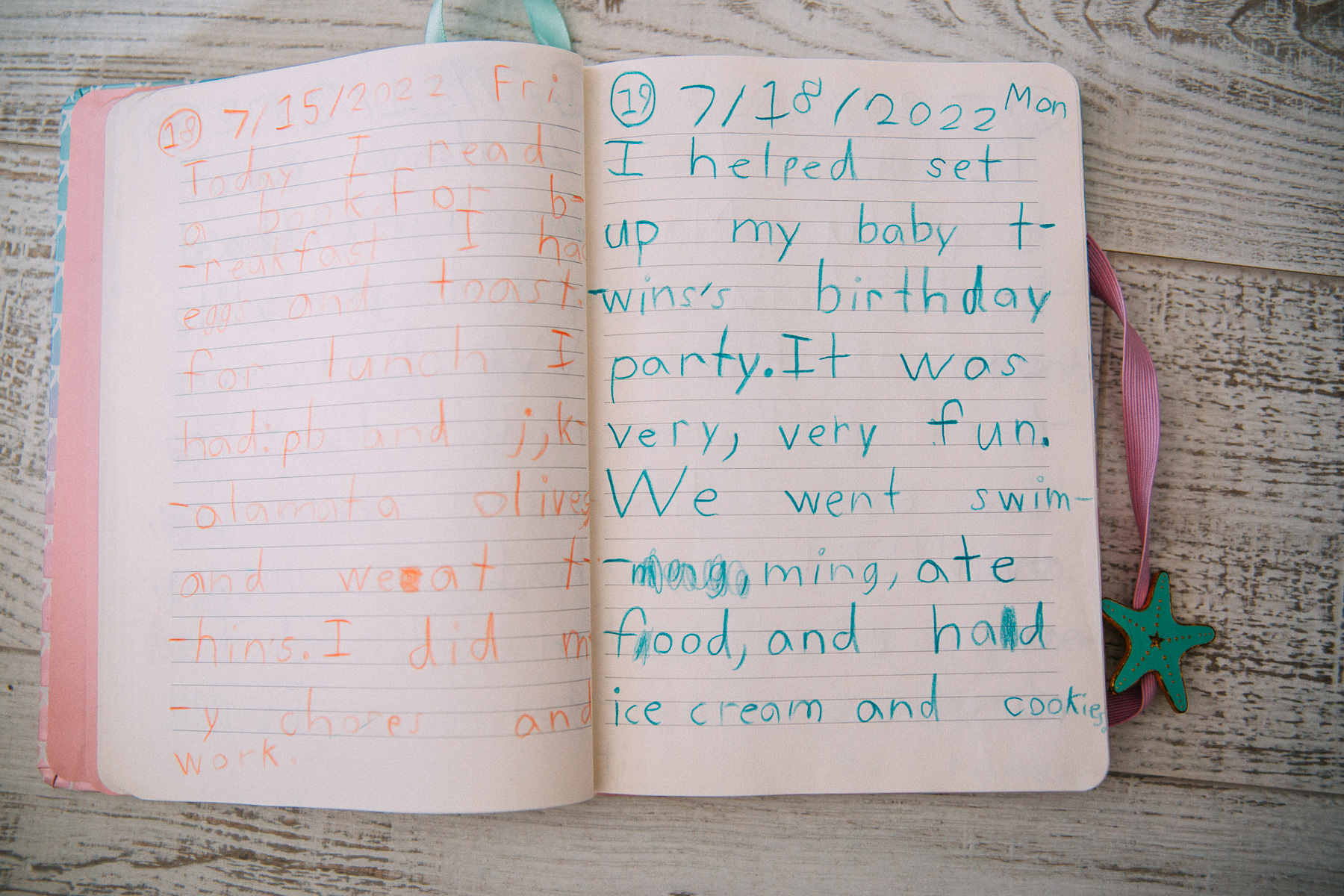
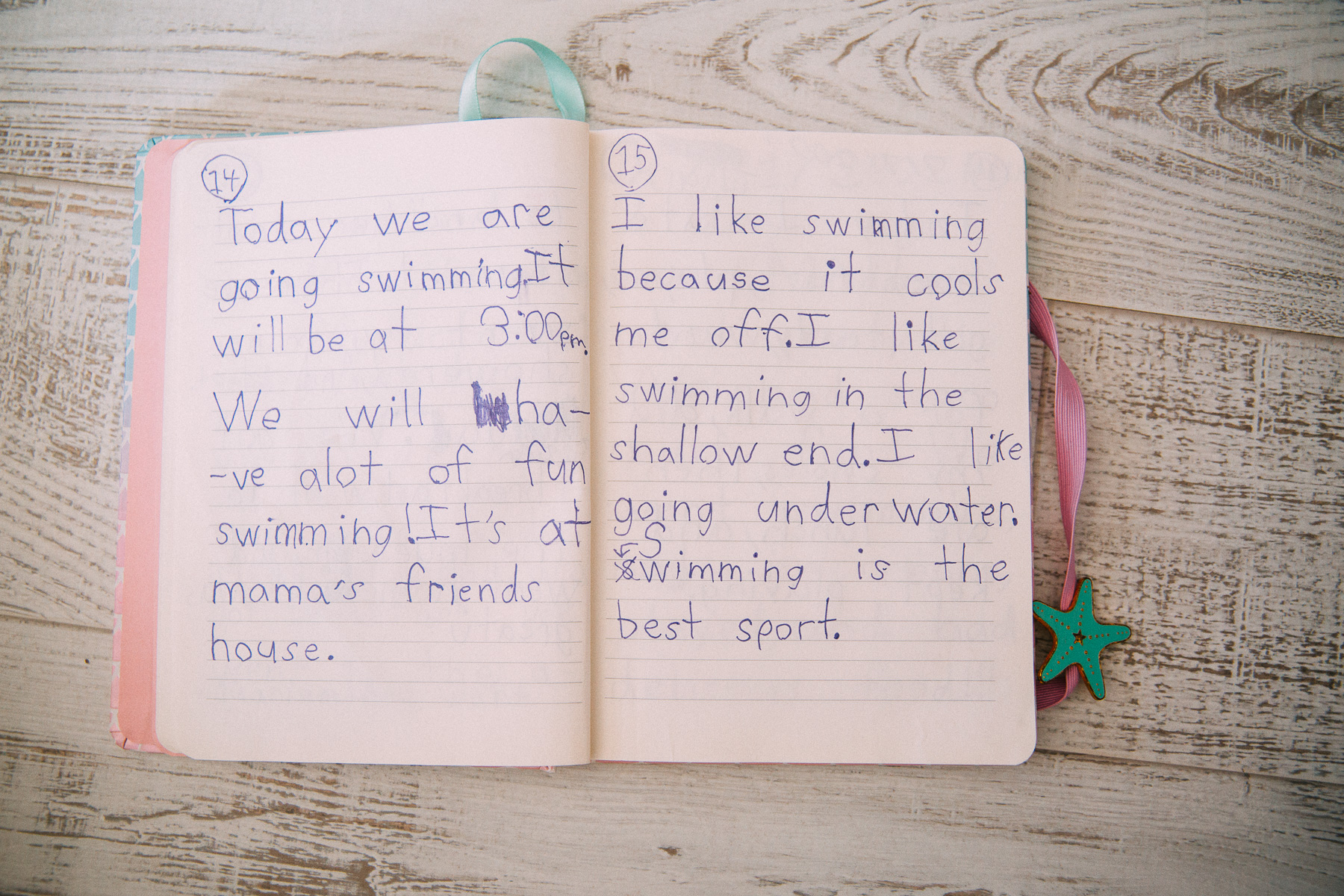
During summer break we have a set routine. Each day, they must read for 30 minutes, write at least 8 complete sentences in their writing journals, and draw one picture in their drawing pads. I’ve always had them do this. It only takes up a small portion of their day, about an hour, but I believe that it has a massive return. Their reading skills stay sharp and it exposes them to new ideas. Their writing skills stay sharp and it helps keep their handwriting neat. This is especially important for Roman, in particular, who has always struggled with writing, and even to this day at age 9 still occasionally writes certain letters and numbers backwards. And as for their drawings, this keeps their creative energy flowing. They love to draw and they have innate desire to continually improve their artistic skills, so that one is easy.
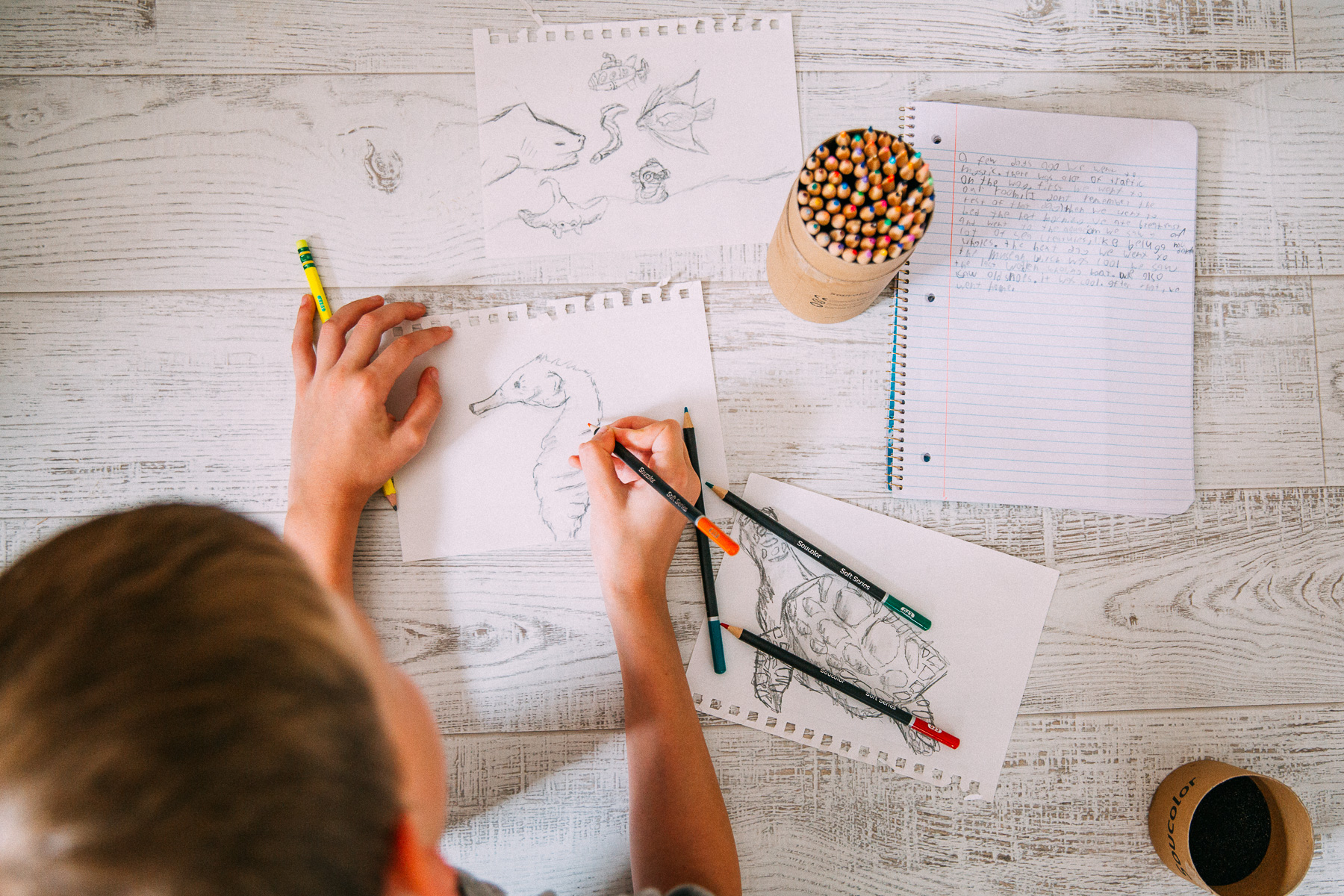
I don’t think that I am being mean by making them devote an hour a day to these pursuits during summer break. I think it’s wonderful and for the most part they don’t mind it at all. They understand the importance of practicing and keeping their minds sharp. There is still plenty of time for play in the day.
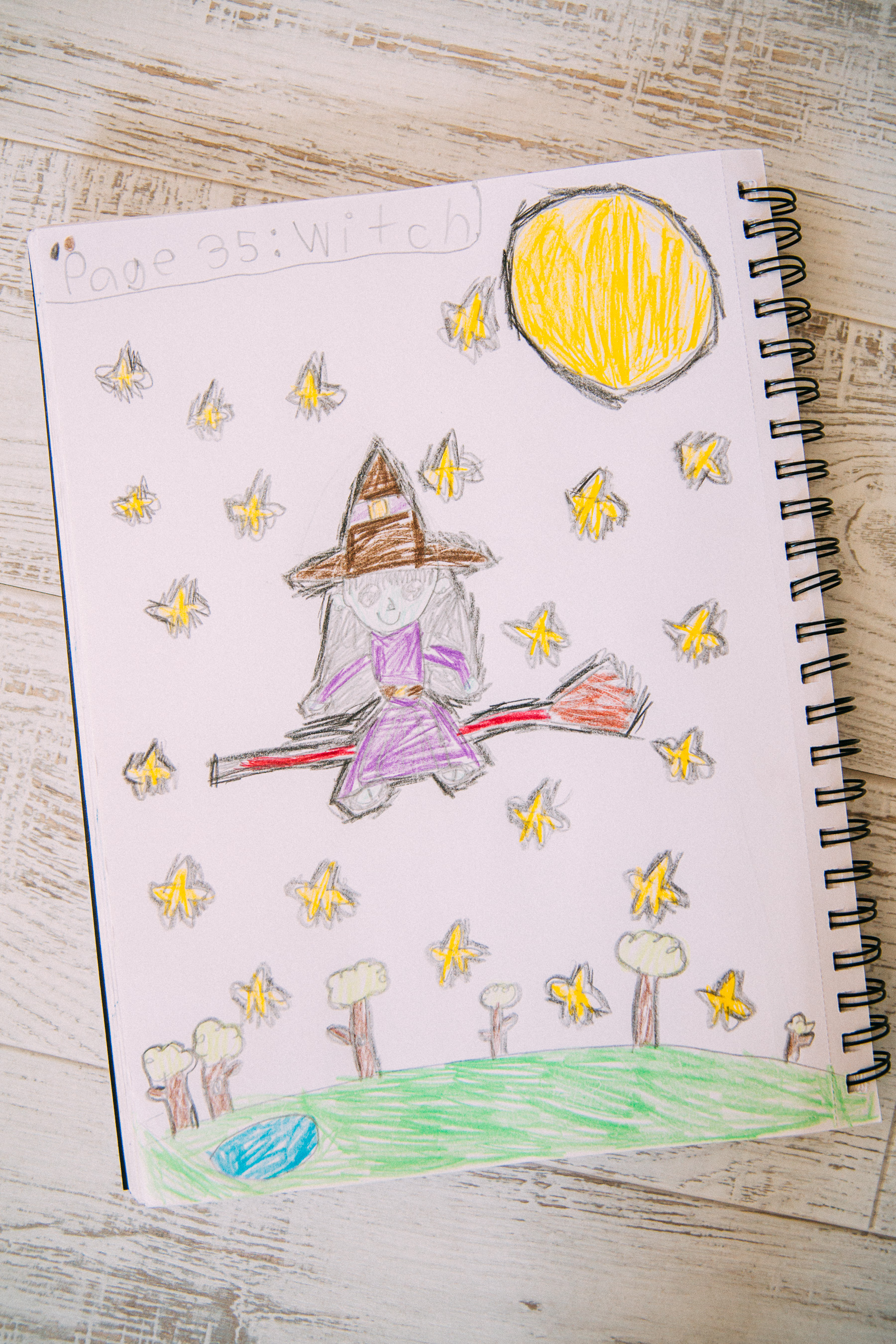
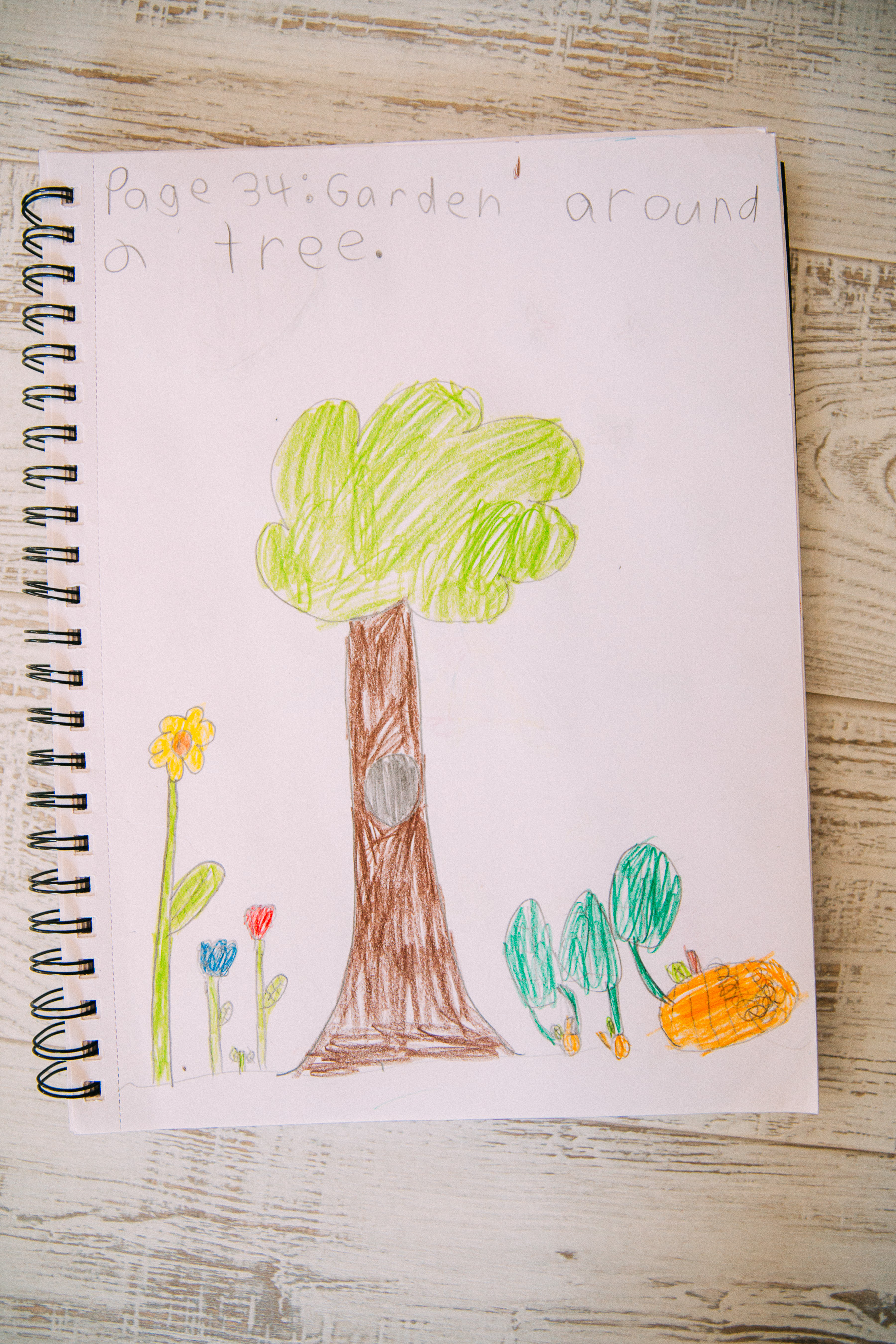
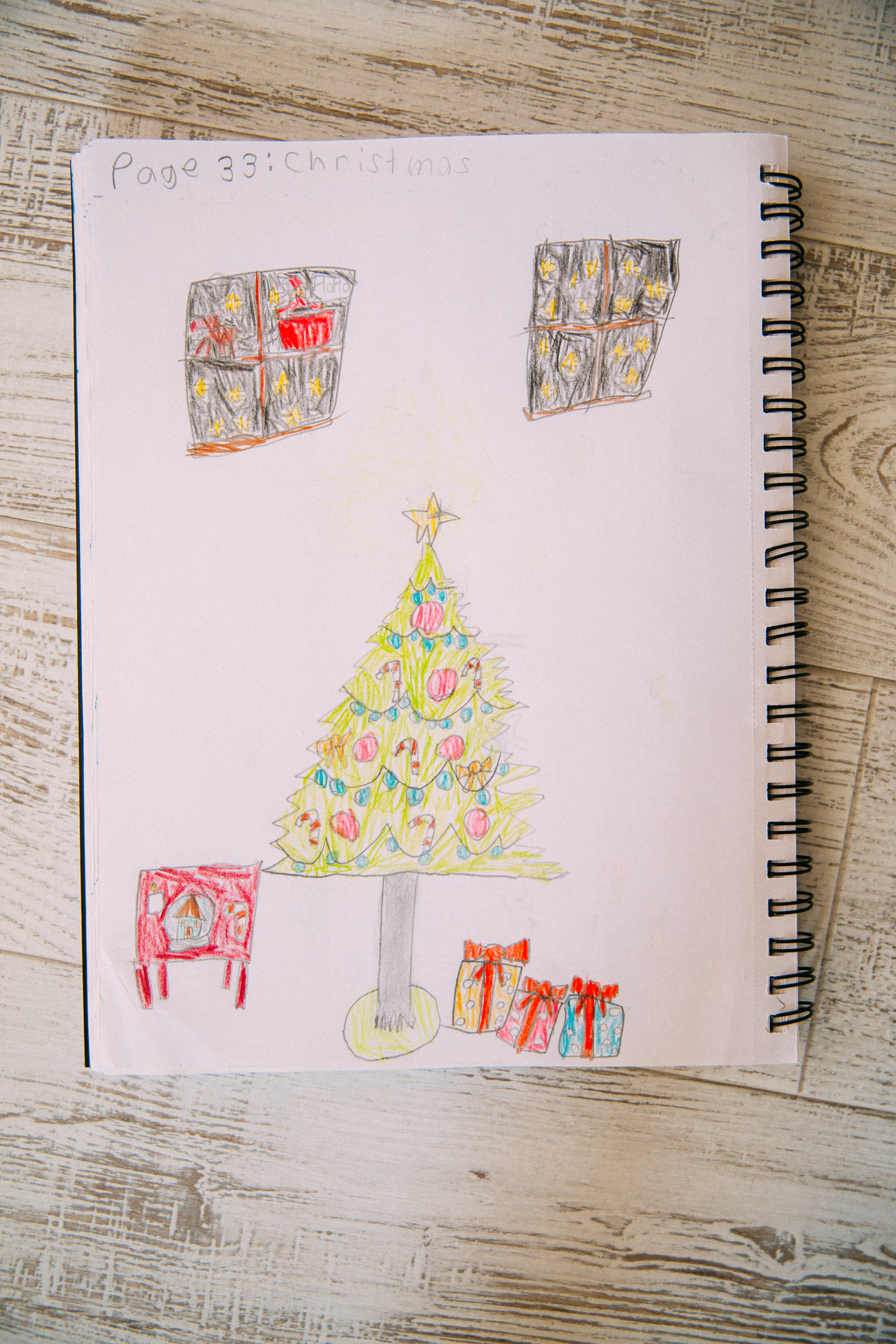
Ultimately, I always did these things because I felt they were important. These practices help them to avoid the “summer slide” naturally. When I looked further into the summer slide concept, I realized that it is a real thing with plenty of data to back it. It makes sense. Any skill, when unpracticed, becomes dull. I think that the key to avoiding the summer slide is to find simple practices that work well for your family. For us, our practices—30 minutes of reading, 8 sentences in the writing journal, and 1 drawing or art project—just works.
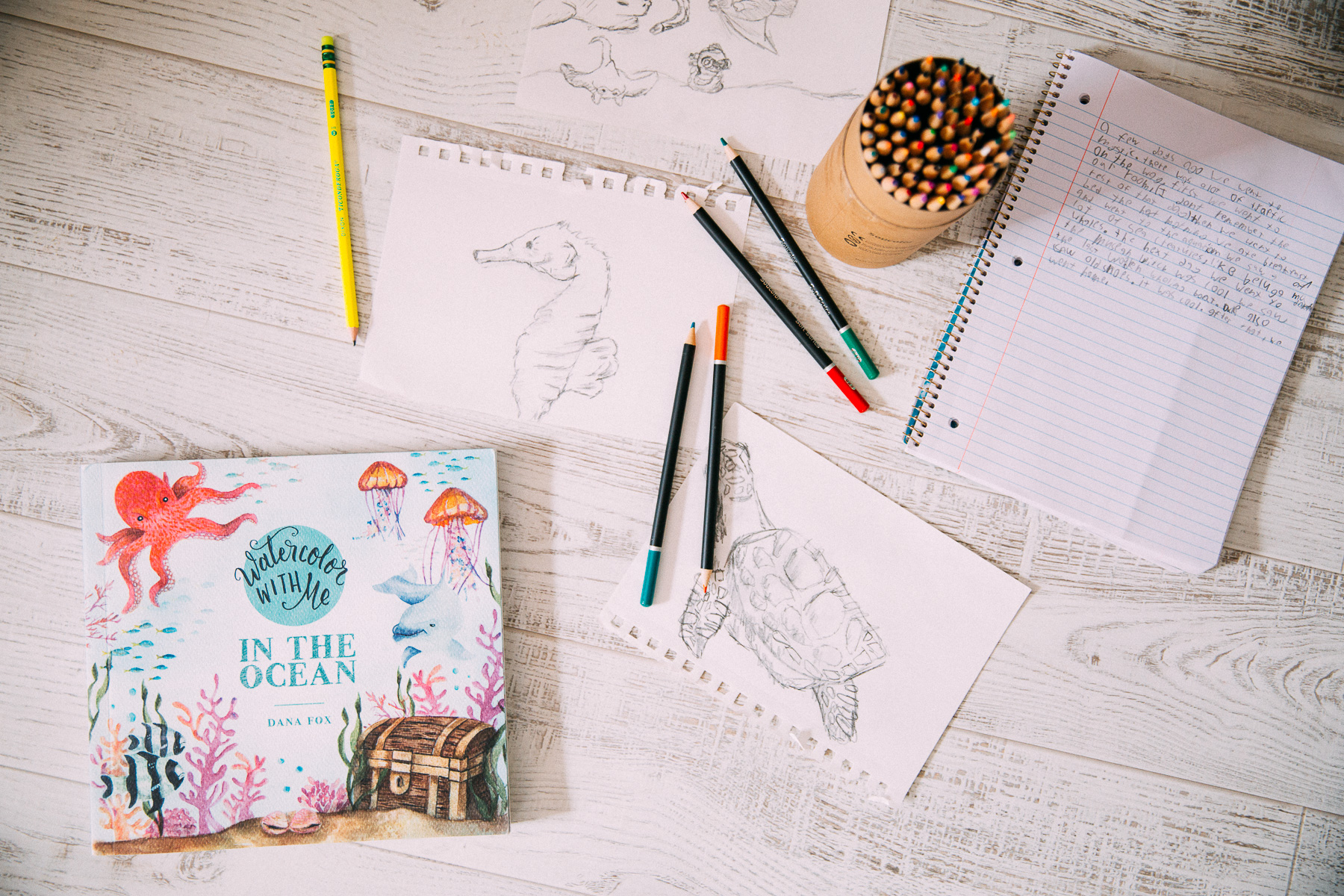
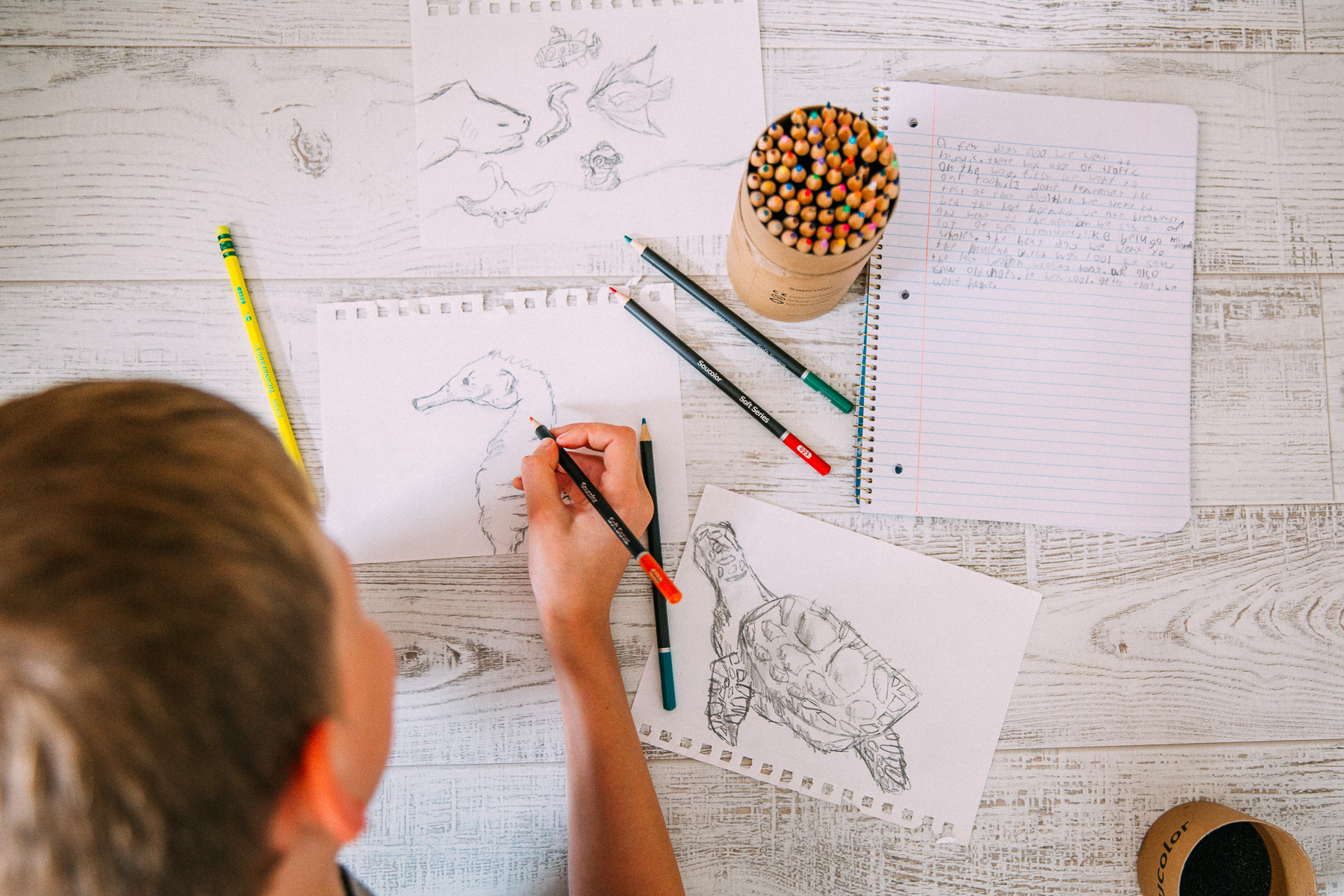
Once you find a practice that works for your family and you remain consistent with it, everything falls into place. Keep it simple and keep it consistent. Those are the most important elements. Make sure that your children have the supplies they need. Mine each have a drawing pad, this colored pencil set, and a lined, writing journal. They always have books to read because I always gift them books for birthdays and holidays, and if they finish what we have at home, we just go to the library or do book swaps with friends.
Right now, Roman is reading Pax and Marina is reading The Island of the Blue Dolphins. We are loving both tremendously. I try to read along with them (on my own) so that we can discuss. It’s such a lovely bonding experience. Also, for drawing, we have the Watercolor with Me series and these books are absolutely gorgeous and so wonderful for little artists.
Starting a practice like this might be a bit difficult in the beginning, like all new things, but as long as you keep it simple and consistent, you will succeed.
